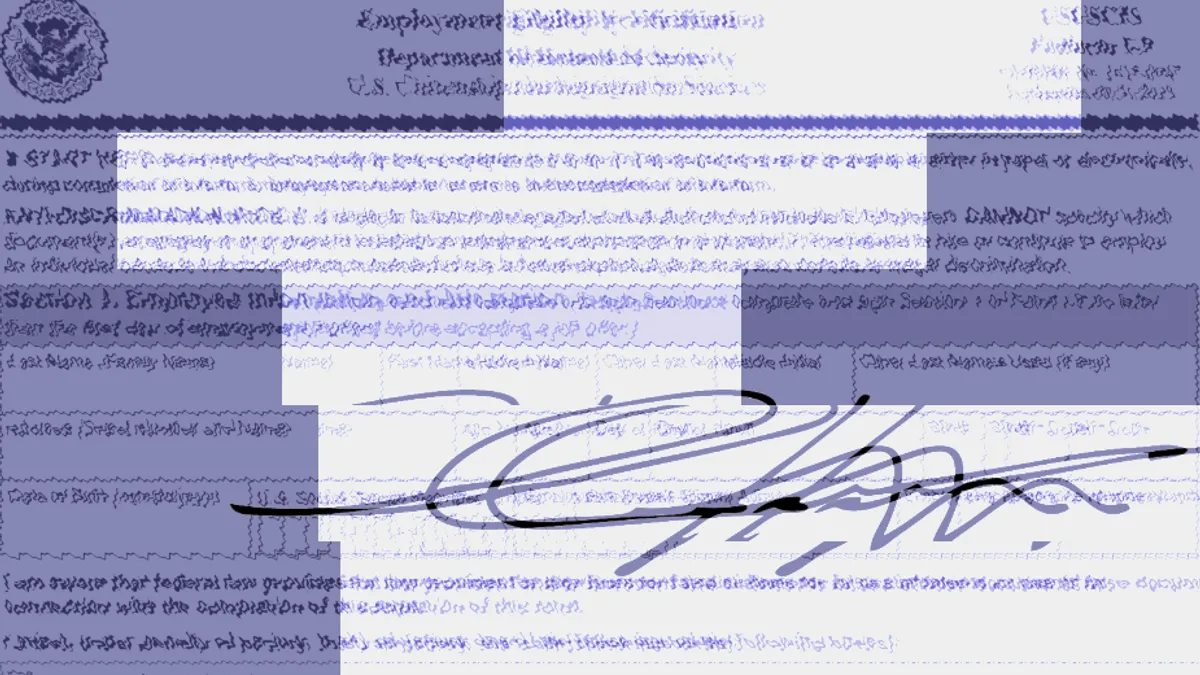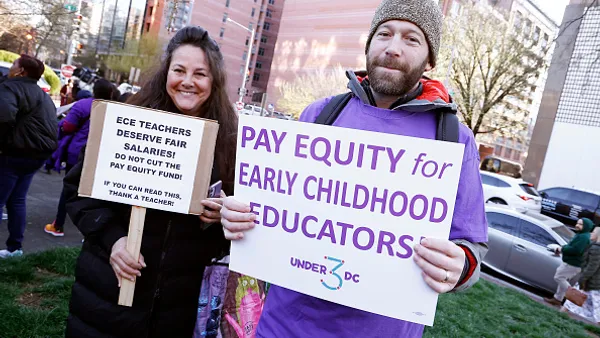Dive Brief:
- New York City's Commission on Human Rights has created a COVID-19 response team due to a spike in reported harassment and discrimination stemming from the pandemic.
- The team is so far investigating 18 matters, which include allegations of discrimination "in housing, public accommodations and employment on the basis of race, national origin, disability and lawful source of income."
- The agency said it received 248 reports of harassment and discrimination related to the novel coronavirus since February. More than 40% of the reports identified anti-Asian harassment or discrimination. During the same period in 2019, it received five such reports.
Dive Insight:
Federal agencies are likewise cautining employers about discrimination linked to the pandemic. As the virus throughout Asia and to the rest of the world, the U.S. Equal Employment Opportunity Commission (EEOC) urged employers to be mindful of workplace harassment and discrimination against Asian Americans or people of Asian descent. The Centers for Disease Control and Prevention (CDC) warned that anxiety about the coronavirus could lead to discrimination against Asians and Asian Americans.
Employers will want to apply special caution when adopting policies in the workplace to prevent the spread of COVID-19, sources previously told HR Dive. EEOC said in a guidance that an employer may, for example, screen job applicants for symptoms of COVID-19 after making a conditional job offer, as long as it does so for all prospective employees in the same type of job. The screening cannot be aimed only at members of a certain group.
Bias or harassment related and unrelated to the coronavirus in the workplace can violate city, state and federal laws. Experts recommend managers and supervisors be trained on equal employment opportunity laws. EEOC has suggested that employers advise managers and supervisors about the role they can play in discovering, reporting and stopping harassment and discrimination. It has also provided harassment prevention tools for employers such as policy tips for small businesses; recommendations for designing effective anti-harassment policies; and sample harassment responses.













